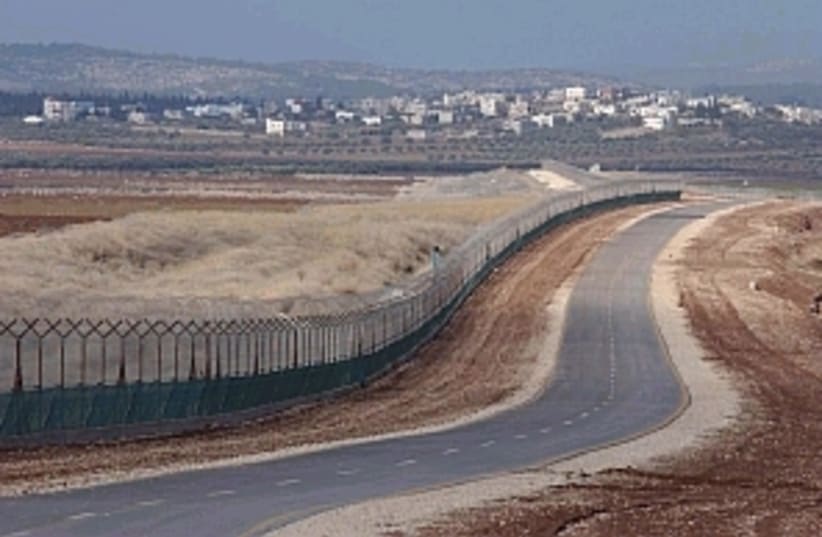| More about: | Lior, Old City (Jerusalem), Jerusalem, Bethlehem |
Physicians group: Fence blocks access to medical care
The Jerusalem Envelope "has been having a very negative effect on both the hospitals and the patients."


| More about: | Lior, Old City (Jerusalem), Jerusalem, Bethlehem |